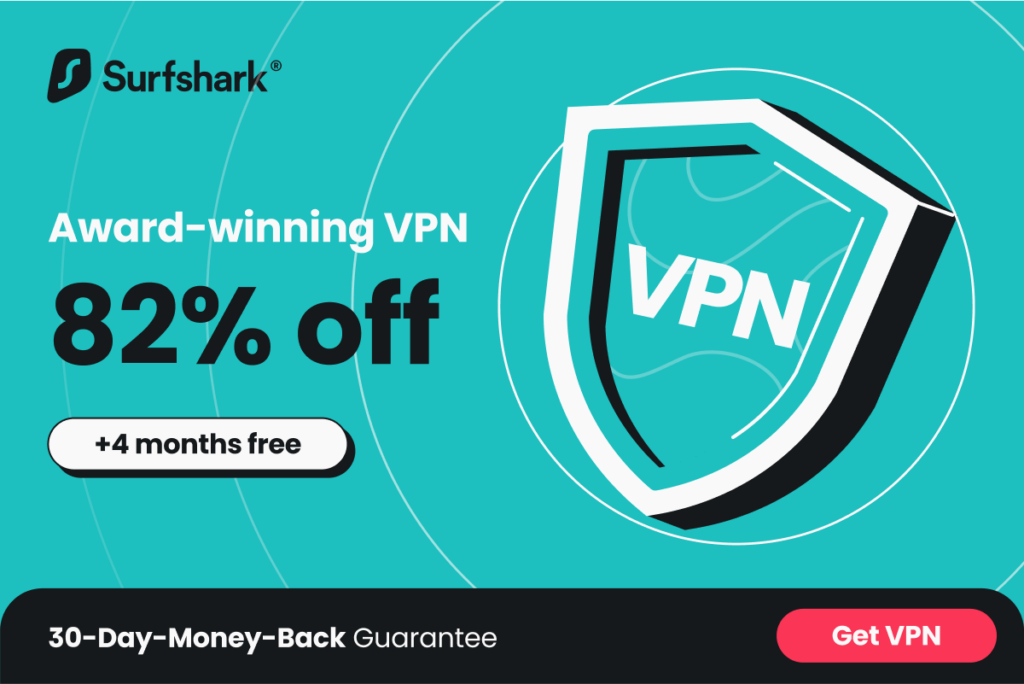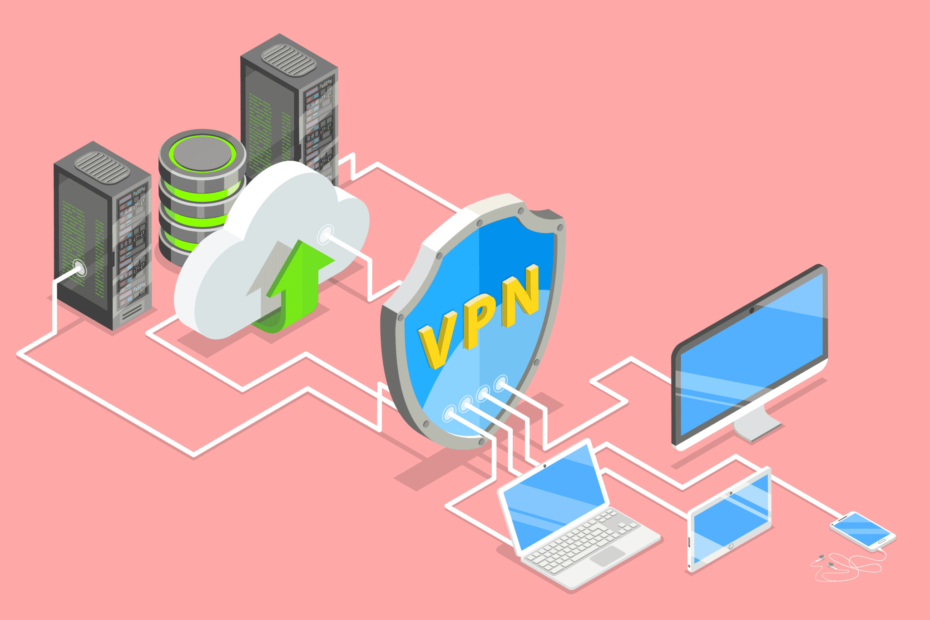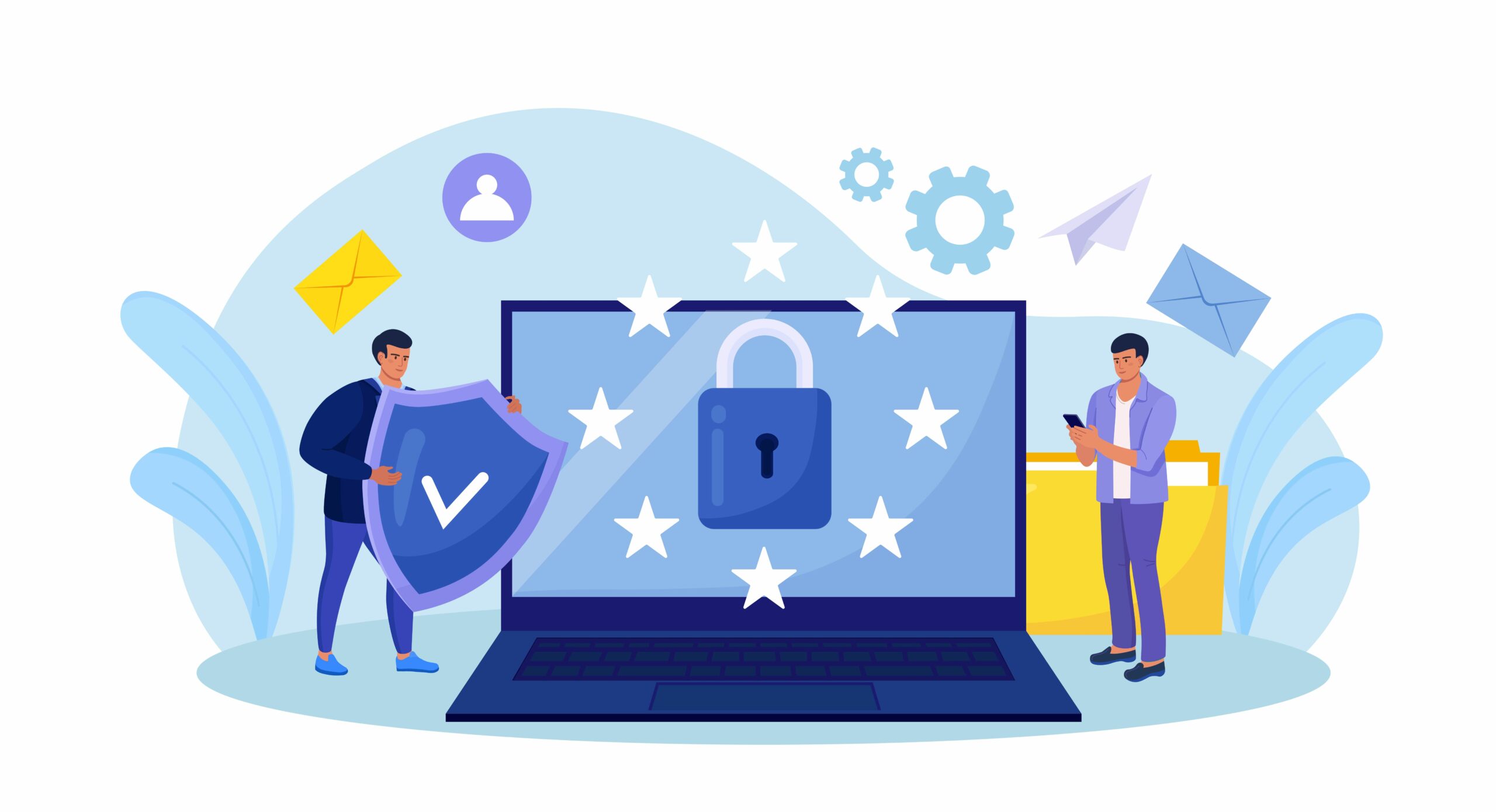As a seasoned tech expert who has spent years navigating the ins and outs of virtual private networks (VPNs), I understand how crucial these tools have become. VPNs are increasingly sought-after by internet users worldwide, not only for individual privacy but also for businesses seeking to secure their digital assets. But one question persists: why does using a VPN sometimes slow down your internet speed?
Understanding the VPN Impact on Internet Speed
Before we can dissect the impact of VPNs on internet speed, it’s essential to comprehend the core function of a VPN. Simply put, a VPN operates by redirecting all your data and online activity through a remote server, bestowing upon you a fresh, anonymous IP address linked to that server location.
There are several factors that could cause your internet speed to drop when using a VPN:
The Location of the VPN Server You’re Using
The location of the VPN server you’re connecting to can significantly influence your internet speed. The farther the server is from your actual location, the slower the connection could be. Hence, it is always a good idea to choose a server that is closer to your location whenever possible.
The Encryption Process
While you might not notice a difference most of the time, the encryption process can occasionally impact your internet speed. For example, OpenVPN Protocol might slow down your internet performance, while PPTP is known for its speed. Other commonly used protocols include IKEv2 and L2PT/IPSec, which balance speed and security.
The Security Protocol
The type of security protocol your VPN service uses can also affect your internet speed. A high-grade security protocol like the Advanced Encryption Standard (AES) running on 256 bits might cause some delay due to the intensive encryption process.
Your Internet Service Provider (ISP)
Your original internet speed can also play a crucial role in your VPN-induced speed. Some ISPs intentionally throttle bandwidth, leading to slower internet speeds at certain times.
Strategies to Speed Up Your VPN Connection
While a VPN might slow down your internet speed, there are ways to boost your VPN connection. Let’s explore some strategies:
- Reset your router/modem: A simple reset can often do wonders to improve your VPN speed.
- Choose a server closer to you: Selecting a VPN server that’s closer to your geographical location can decrease data travel time and boost your internet speed.
- Change your VPN protocols: Although changing protocols might compromise your security, if speed is your main concern, switching from TCP to UDP or from OpenVPN to IKEv2 could help.
- Adjust your encryption level: Depending on your VPN and device, you might be able to tweak the encryption type to enhance your VPN speed.
- Disable local security software: Firewalls and antivirus programs can sometimes slow down your VPN connection as they filter through outgoing data. Disabling them temporarily can help you identify if they are the cause of the speed drop.
- Use a wired connection: A wired connection often offers a more stable and faster internet speed compared to Wi-Fi connections.
Setting Expectations: What is a Good VPN Connection Speed?
In today’s digital age, a VPN connection speed of at least 20 Mbps is desirable. This speed allows for everyday online activities such as browsing, streaming, and downloading files. Various online speed test services can help you check your VPN server’s speed instantly.
Typically, when using a VPN, you might see a 10-20% decrease in your internet speed. For example, if your initial bandwidth is 100 Mbps, after connecting to a VPN, you might experience speeds of 80 to 90 Mbps.
Conclusion: Balancing Speed and Security with VPNs
Utilizing a reliable VPN service often results in a stable and fast connection. Still, it’s not uncommon for the factors listed above to occasionally cause speed hiccups. Thankfully, by addressing these issues, you can often significantly enhance your VPN connection speed.
Despite these occasional slowdowns, it’s important to remember that VPNs play a crucial role in protecting your internet privacy and security. While we’ve offered some tips to increase speed that might involve reducing security measures temporarily (like changing encryption protocols), you should always consider the potential risks involved. Internet safety should always be a priority.
Remember, the right VPN service should provide a balanced experience, combining robust security features with reasonable connection speeds. If you frequently experience substantial speed drops with your VPN, it might be worth considering other VPN service providers or reaching out to their customer support for assistance.
The world of VPNs can be complex, but with a bit of knowledge and the right approach, you can navigate it effectively. Hopefully, this article has shed some light on why VPNs might slow down your internet speed and how you can mitigate this issue. Stay safe and enjoy your browsing!




